Raleigh (North Carolina, USA) based installer, 8MSolar, was in the commissioning stages of their project at Wake Tech Community College’s new East Campus, when concerns arose regarding discoloration on the surface of select panels. To discover whether the suspect modules were still functional, members of the Seaward team visited the site to facilitate testing.
One of the Southeast’s leading solar energy professionals, 8MSolar has more than two decades of experience in residential and commercial solar installations.
Having designed and completed over 2,000 commercial and residential solar installations, 8MSolar spearheaded the installation of a 135 kW system located on the newly constructed East Campus. Using 283 480W Hanwha QCell bifacial modules, the system consists of different arrays across multiple roof planes and racking types.
Midway through the project, it was discovered that a handful of these modules had minor discoloration that occurred during shipping or storage.
To ensure that system production values met expectations, 8MSolar reached out to Seaward for guidance on how to confirm there were no production related issues.
IV curve tracing was carried out on 40 individual modules by the PV210 to confirm performance had not been compromised by the glass discoloration. The test data was then compiled in Seaward’s SolarCert software, to produce a report for 8MSolar and Wake Tech, and verified that the system was fully functional.
This news allowed 8M Solar to continue the necessary steps to complete the installation and project commissioning.
After a day of testing with the Seaward handheld device, 8MSolar project manager Chris Pate commented, “The PV210 is easy-to-use and requires no configuration prior to testing.
While spending the time to test individual modules is rarely the first option, it’s always a possibility, and given the module level RSD’s installed on this project actually a requirement. In this case the extra steps prevented further project delays and assuaged the college’s concerns with hard data.”
Utilizing a device such as the PV210 can provide valuable insight into the performance characteristics of a specific module, or string of modules both prior to system operation and during regular O&M. IV curve tracing will provide sufficient data to confirm production values for each string/panel in seconds, ensuring system production expectations are satisfied.
Using simple push button operation, the Seaward PV210 is an all-in-one device that can carry out the majority of electrical tests required to verify a solar installation's safety and efficiency, including IV curve, ground bond, and insulation resistance. It forms part of a comprehensive range of Seaward solar PV testing equipment, and since the UL3741 standard is becoming more prevalent amongst users, testers like the PV210 will become even more crucial.
Find out more about Seaward’s solar testers.




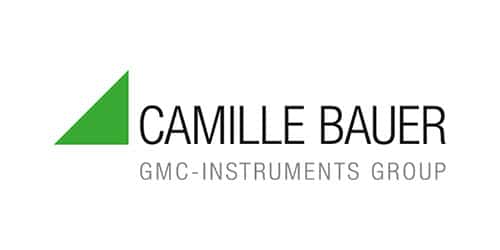
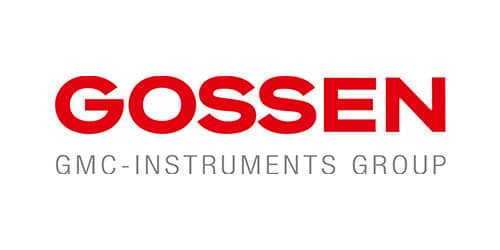
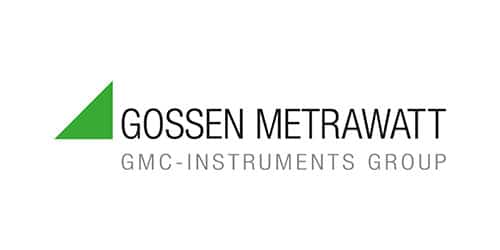
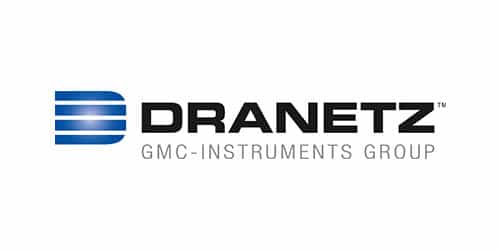
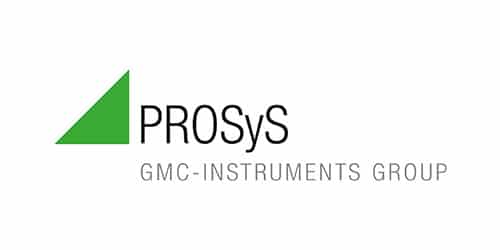
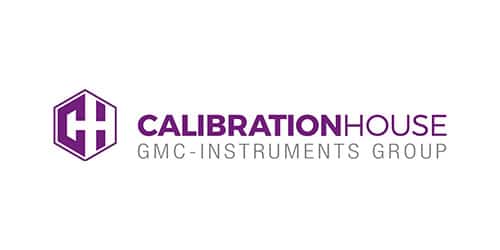
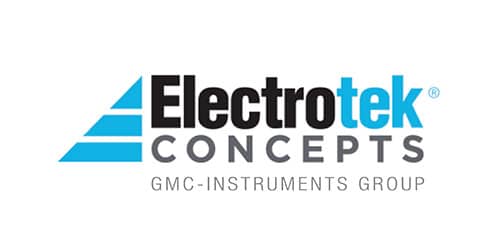
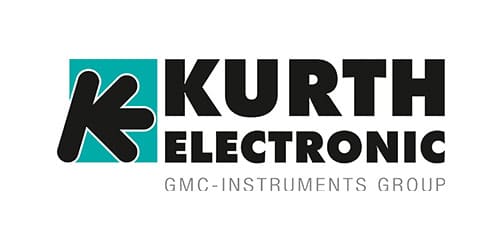
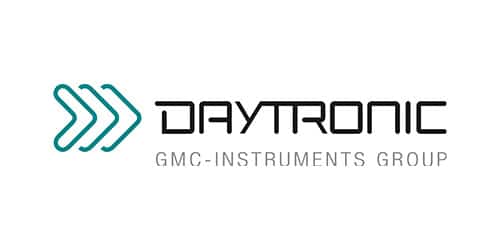
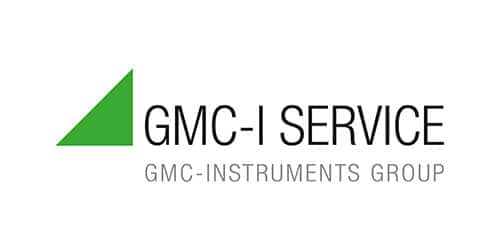
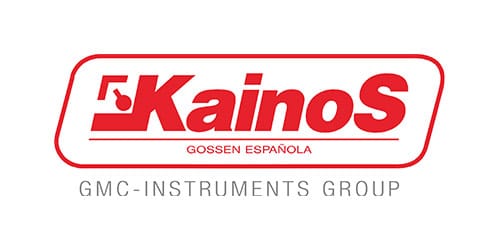
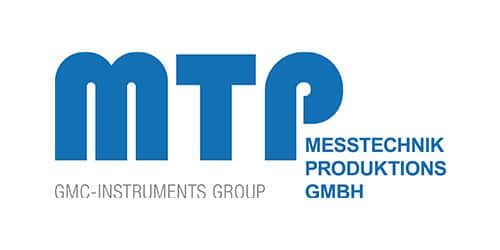
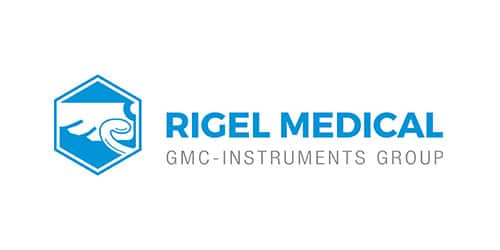
Sign up to our Newsletter.
Stay up to date with the latest industry and product news, as well as our free educational content such as webinars and our expert guides.
Close